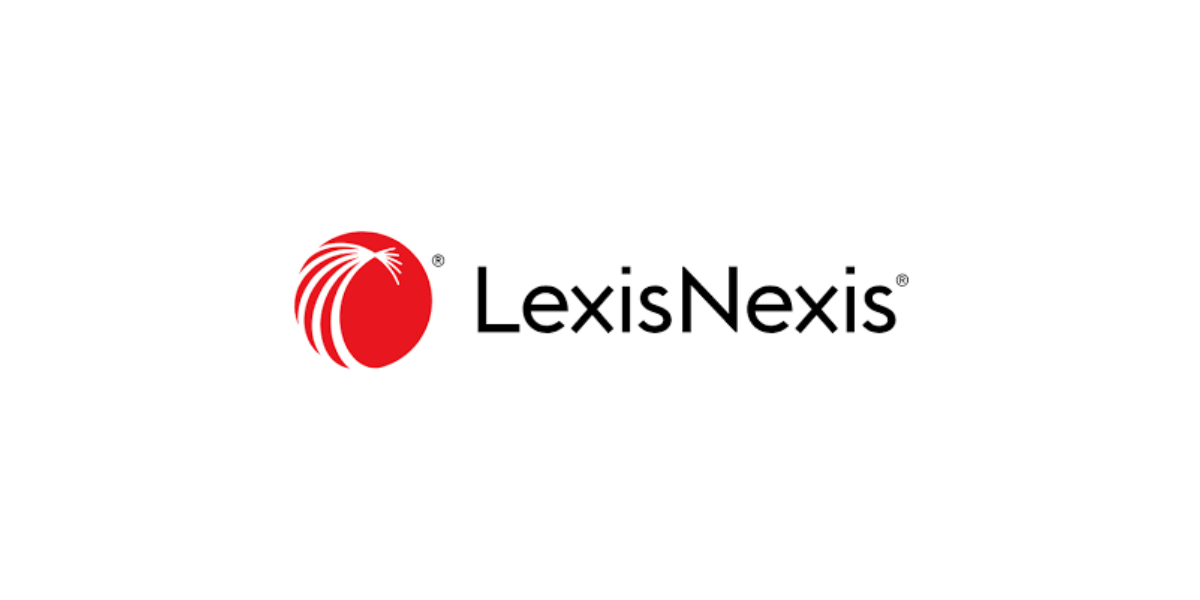Understanding the intricate web of credit reporting can often feel overwhelming, but knowing the key players involved, like LexisNexis and credit improvement, can significantly demystify the process and even open doors to improving your credit score. LexisNexis, a major data aggregator, plays a crucial role in the credit reporting ecosystem by collecting and analyzing vast amounts of consumer data. But what exactly does this mean for you and your credit?
By exploring how LexisNexis impacts credit decisions and what you can do to manage your data footprint, this discussion aims to arm you with the knowledge needed to navigate the complexities of credit reports and scores. How does the information collected by LexisNexis influence your financial opportunities? And more importantly, how can you use this knowledge to your advantage? These are some of the questions we’ll address, offering you practical advice on how to proactively use your data to enhance your credit standing.
Understanding the Role of Data Aggregators in Credit Reporting
Data aggregators like LexisNexis play a crucial role in the credit industry by compiling vast amounts of consumer information from various sources. This data helps financial institutions make informed lending decisions by creating detailed profiles of consumers. The information gathered from public records, financial institutions, and other sources is essential for painting a complete picture of an individual’s financial behavior and creditworthiness, especially when considering LexisNexis and credit improvement as part of the overall process.

Deep Dive into LexisNexis and Its Impact on Credit Reporting
LexisNexis collects a wide range of consumer data, including public records, legal filings, and financial transactions. This extensive data collection covers everything from property records to financial data like bankruptcies and liens. The accuracy and comprehensiveness of the data collected by LexisNexis are vital for influencing credit scores and the interest rates consumers receive on loans, which directly ties into LexisNexis and credit improvement. Ensuring that this data is accurate is essential for improving creditworthiness and securing favorable financial terms.
How LexisNexis Reports Influence Consumer Credit
The impact of LexisNexis reports on consumer credit is profound. These reports influence lender decisions and the financial opportunities available to individuals. For example, a LexisNexis report might reveal judgments or tax liens that could affect a consumer’s creditworthiness. This information can lead to higher interest rates or denial of credit if not addressed properly. Understanding LexisNexis and credit improvement is essential for consumers seeking to address these issues and improve their credit standing. Regular monitoring and dispute of inaccurate information can enhance credit profiles and increase financial access.

Strategies for Managing Your Data Footprint with LexisNexis
To manage your data footprint effectively with LexisNexis, it’s crucial to understand and regularly review the information stored about you. Consumers have the right to request a copy of their LexisNexis report to check for any inaccuracies or outdated information. Disputing errors directly with LexisNexis is essential to ensure your data accurately reflects your current financial situation.
Navigating Challenges and Leveraging Opportunities with LexisNexis Data
Consumers often face challenges such as errors in their LexisNexis reports or outdated information. Understanding your rights and the processes for correcting data is key to navigating these challenges. By actively managing your LexisNexis data, you can leverage detailed information to demonstrate improved financial behavior or resolve issues negatively impacting your credit score. This proactive approach to LexisNexis and credit improvement can lead to significant opportunities for credit growth and better financial outcomes. Regular monitoring, along with timely corrections, ensures your credit profile reflects your current financial health.
Conclusion: Navigating Your Credit Landscape with LexisNexis
LexisNexis plays a pivotal role in shaping the credit environment by providing detailed consumer data that influences lending decisions. Understanding how this data aggregator operates allows you to better manage your credit profile and address any discrepancies that may affect your financial opportunities. Regularly reviewing your LexisNexis report and disputing inaccuracies ensures that your financial portrait is both accurate and reflective of your current situation, which can lead to LexisNexis and credit improvement, potentially resulting in more favorable loan terms and interest rates.

Navigating the complexities of credit reporting with LexisNexis and credit improvement can be empowering. By taking charge of the information that influences your credit scores, you’re not merely observing your financial journey—you’re actively shaping it. Remember, the data about you does not simply represent numbers; it tells the story of your financial reliability. Ensuring this story is correctly told is crucial, as it opens doors to better financial opportunities. Let this knowledge serve as your guide to not only understand but also enhance your credit standing, leaving you equipped to face future credit evaluations with confidence.


